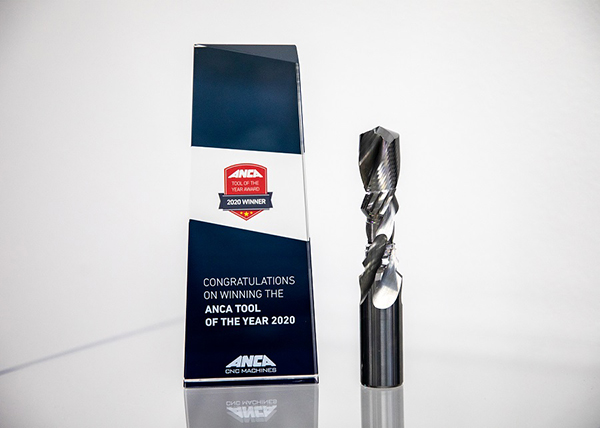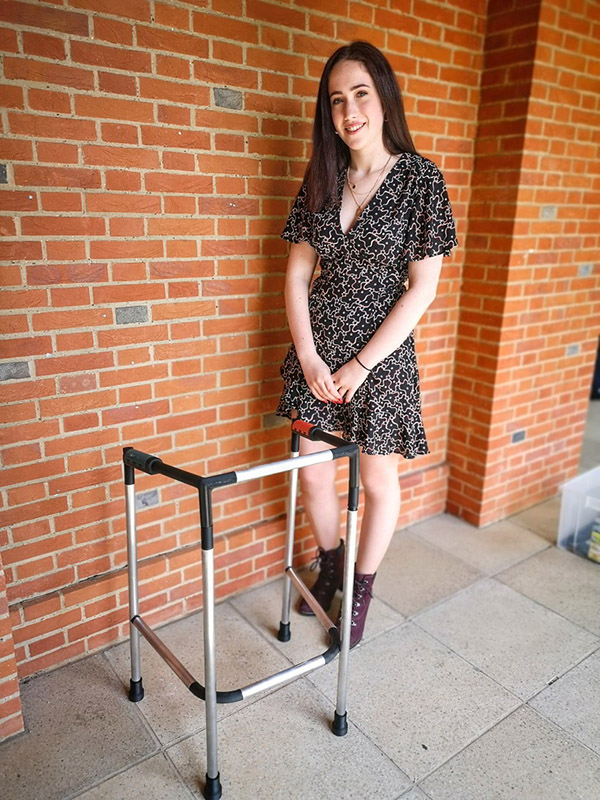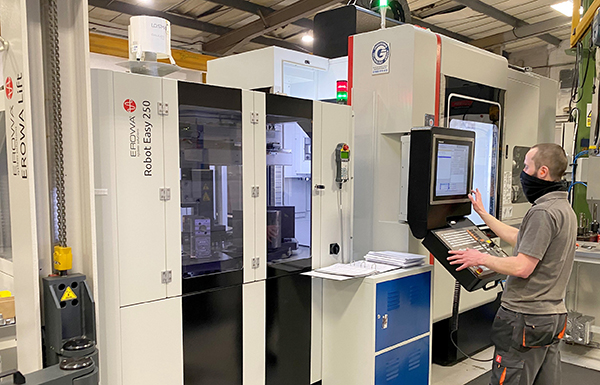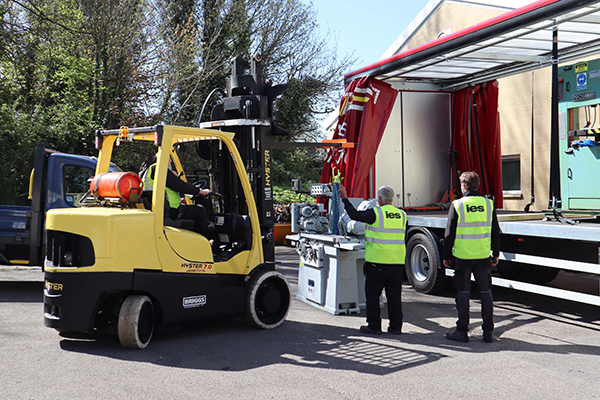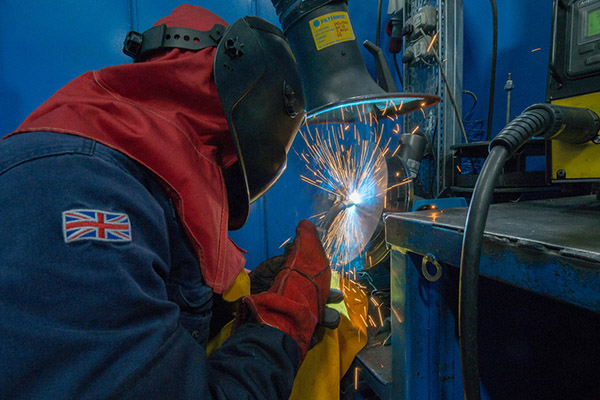
Injection mould tool specialist, Swindon-based Metalite Engineering, has recently added to its plant list with the arrival of a Quaser five-axis UX500C machining centre and a 10-pallet Erowa Robot Easy 250 pallet loading system. Supplied and integrated by the Engineering Technology Group (ETG), the new investment is adding significant capacity to Metalite with its unmanned machining capability.
The UX500 is primarily for medical sector work, although Metalite is also highly regarded for its ability to serve the aerospace, automotive, Formula One, food packaging and horticultural industries. In total, the machine has 60 tools and a 15,000 Maxia spindle with a face and taper dual-contact system. Additionally, the UX500C has rigid knuckle-type axis rotation to provide full machining access around the component. Metalite needs this flexibility and precision as it is making parts that extend from small medical components with 5 µm tolerances, up to large tool steel die parts. For this reason there is a crane on the automation system to load larger billets.
ETG’s Steve Brown says: “The partnership between Quaser and Erowa goes a lot deeper than what is here in the UK. Both companies have a technical partnership and that is rolled through to us at ETG. So, we are the distributor for Quaser machines, and we have great support from REM Systems that supply the Erowa system. When we enter into a package together, we can tailor the solution to meet the needs of the customer.”
The success of this installation has already seen Metalite order a second system that will be applied to a three-axis vertical machining centre, where the robot loading system will incorporate four pallets.
For further information
www.engtechgroup.com







